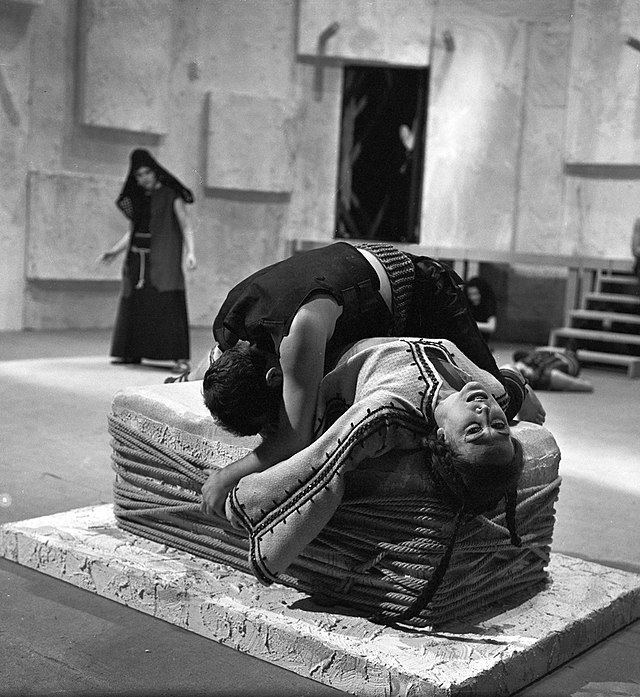
Tragedy
The word ‘tragedy’ is much overused nowadays. This is a paradox, given that we’ve largely forgotten what it means. When we say ‘tragedy’ we tend to have in mind ‘a very sad occurrence’. To the ancients meanwhile it meant something more like ‘a great commotion or disturbance’, notably in the form of a public spectacle. If such disturbance or commotion awakens us inwardly, it can be beneficial without necessarily being pleasant. The force of tragedy was brought home to me afresh last week when, on account of a spot of Covid, I had leisure at last to read Oliver Taplin’s 2018 version of Aeschylus’s Oristeia. Compellingly readable, it is characterised at once by nobility and verve. One is spontaneously drawn to read it aloud. It is hard not to feel a twitch of nostalgia for days in which exposure to texts of such profundity was a prerequisite for public discourse, thereby held up to an exacting standard. We are reminded of the peril inherent in seeing things as they are in Cassandra’s outburst: ‘Again the piercing anguish/of foretelling true comes swirling up/and thrums me with discordant preludes.’
